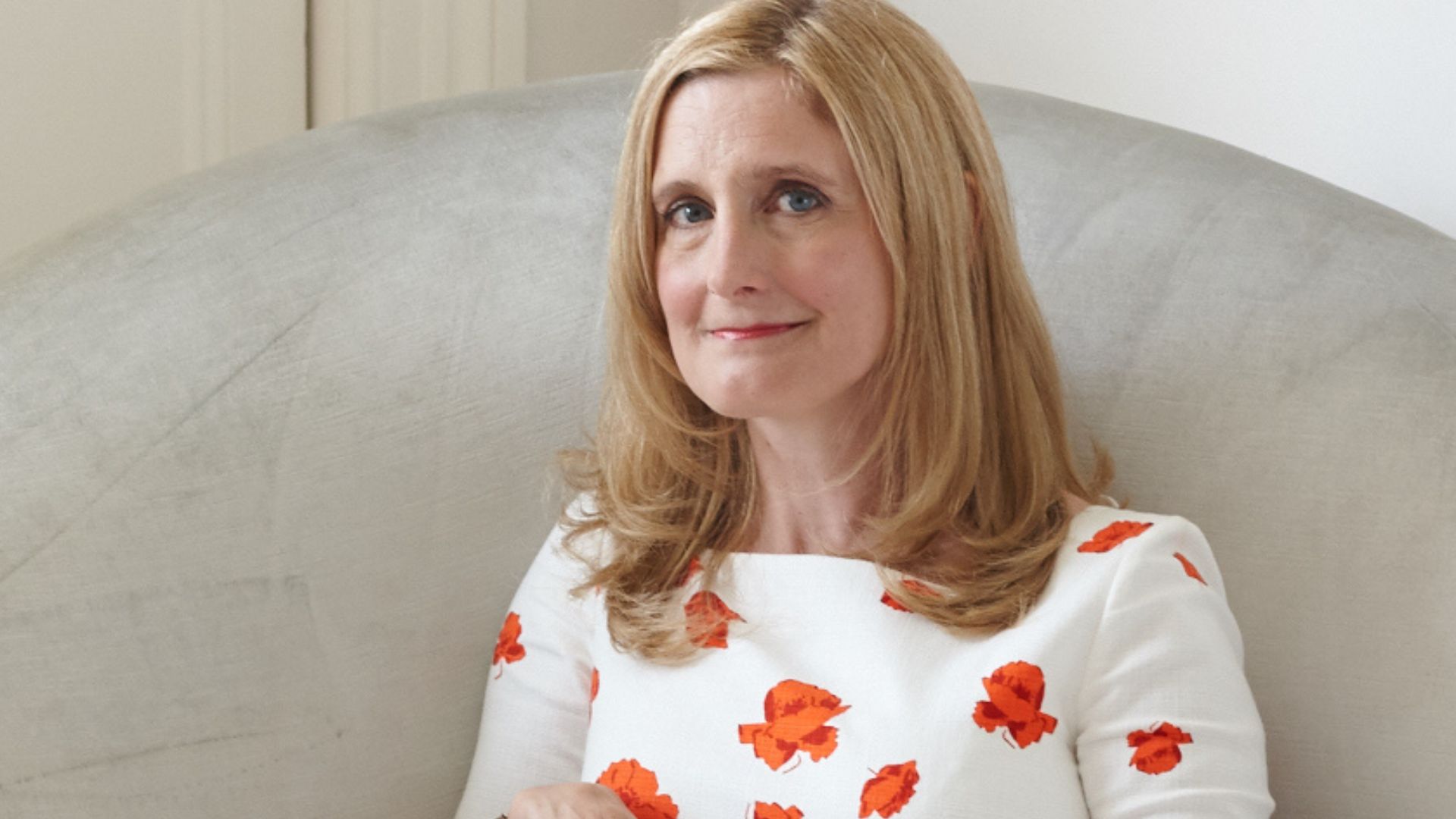You are viewing your 1 free article this month. Login to read more articles.
Report reveals 'transformative' impact of Cowell's Life-changing Libraries initiative
Waterstones Children’s Laureate Cressida Cowell has revealed the “transformative” impact on the pilot primary schools taking part in her "Life-changing Libraries" initiative, including an increase in a love of reading, motivation towards learning, well-being and feelings of self-worth.
Cowell used the launch to renew calls for £100m in annual school library funding from the government. She said: "The government continues to declare their commitment to levelling up and closing the education gap. Supporting primary school libraries is a proven and cost-effective way to creating a fair and even playing field for all children. I will keep campaigning until every single child in this country has a life-changing library and a reading for pleasure culture in their school.”
The "Life-changing Libraries" report, published today, found a “transformation in attitudes” towards reading, with an enthusiasm and passion for books ignited amongst the students of the six pilot schools and a considerable uptake in the time spent engaged in reading for pleasure both at school and at home. Teachers reported increased attention, engagement and motivation to learn among students in the classroom, alongside a significant improvement in both children and staff wellbeing, as well as a boosted sense of pride, confidence and self-worth.
There was also an increased uptake in reading among previously reluctant readers, children with special educational needs (SEN) and boys, as well as a greater representation in reading resources and more flexibility in learning environments, which was particularly important for children with SEN.
Cowell announced the "Life-changing Libraries" initiative, delivered in partnership with BookTrust, in April 2021 to showcase the transformative impact a well-resourced primary school library has on a child’s opportunities in life, as well as the inequality currently facing children across England. While every prison has a statutory library, one in eight primary schools has no library space at all, according to the 2019 Great School Libraries report, a statistic that doubles at schools in disadvantaged communities.
Cowell said the report added to the “raft of evidence” about the “crucial role reading for pleasure and school libraries play in a child’s life chances”. She said: “A great library positively affects an entire school ecosystem, encouraging teachers, parents, students, as well as the wider community.
“In addition to the evidence of increased engagement, aspiration and well-being, I find it compelling that the words ‘safe, calm and quiet’ were frequently used by teachers and students when talking about their new library. The pandemic has had a disproportionate impact on children’s mental health and these libraries have provided a special space for students to find ‘shelter’, to relax, to regulate and to share their new-found love of books and reading.”
Schools were eligible if they had more than 25% of pupils on free school meals and poor or no library provision. The six schools were selected to be as diverse a mix as possible, reflecting the many different communities across England. The chosen schools were Benwick Primary School, a small local authority-maintained school in rural Cambridgeshire with poor school library provision, few transport links to local towns and very limited amenities in the community, alongside Dinnington Community Primary School, an academy near Sheffield with poor school library provision, situated in a former mining community in an area of high deprivation, and Griffin Primary School, an inner-city academy in Wandsworth, London, with a high percentage of pupils from ethnic minorities and no school library provision.
Saviour Church of England Primary School was also selected, an inner-city school in Manchester with no school library provision and a high percentage of ethnic minorities pupils, alongside Skerne Park Academy, a large academy with no school library provision in a homogeneous white British area of very high deprivation in Darlington. Woodchurch Church of England Primary School, a local authority-maintained church school in the Wirral with poor library provision, completed the list.
Cowell said there were four elements of a gold-standard school library, which were space, expertise, resources and community. The chosen schools each received a new library space with bespoke wall art, and a collection of 1,000 books designed to be relevant, representative, inclusive and to encourage reading for pleasure. They included modern and classic fiction, non-fiction, graphic novels, poetry and picture books, and six months after the libraries opened, schools were given the opportunity to choose 100 additional books of their choice.
Schools were also given access to library management system software, an interactive Tonie Box allowing pupils to listen to audiobooks, access to an online e-book subscription service, a subscription to the school library association and a launch event with Cowell herself and further opportunities for in-person events with authors.
The initiative was widely praised by the schools taking part. The headteacher at Saviour said the impact had been “amazing”, hailing a “change in attitudes”. “Staff and children are now avid readers. They’re making choices about books and exploring different titles and texts,” they said. A community governor at Skerne Park Academy added: “We are improving the life chances of our children. This is the thread that pulls everything together for them... It’s such a quiet and warm, safe space. Homes aren’t always like that.”


















